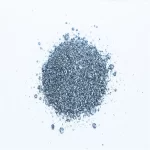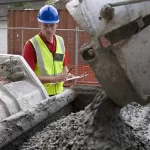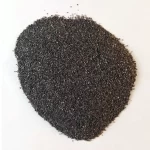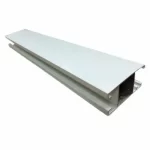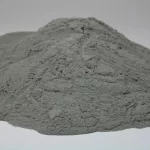
China additives for concrete factory
China additives for concrete factory
Unveiling the Advantages of Additives for Concrete:
Additives for concrete are chemical compounds that are introduced to the concrete mix in small quantities. These materials modify the properties of concrete, providing distinct advantages that cater to specific project requirements. Let us explore some of the key benefits offered by additives for concrete:
Improved Workability and Ease of Placement:
Additives for concrete, such as plasticizers and superplasticizers, enhance the workability and flowability of the mixture. They reduce the water content while maintaining the desired consistency, making the concrete more manageable during placement and reducing the need for excessive mechanical effort. This improved workability translates into easier pouring, leveling, and compaction, resulting in enhanced construction efficiency.
Increased Strength and Durability:
Certain additives for concrete, like accelerators and silica fume, contribute to the strength and durability of the final product. Accelerators expedite the concrete curing process, enabling faster strength gain and early-age performance. Silica fume, a pozzolanic material, improves the concrete’s density, reduces permeability, and enhances its resistance to chemical attacks, making it highly durable in aggressive environments.
Enhanced Freeze-Thaw and Moisture Resistance:
In regions where freezing and thawing cycles are prevalent, additives for concrete play a crucial role in enhancing the material’s resistance to such conditions. Air-entraining agents create microscopic air bubbles within the concrete, providing room for expansion when water freezes and reducing the risk of cracking. Additionally, water-reducing additives help minimize capillary pores, preventing moisture ingress and improving the concrete’s long-term performance.
Customizable Setting Time:
Additives for concrete, such as retarders and accelerators, offer control over the setting time of the material. Retarders slow down the hydration process, extending the setting time, which is useful in hot weather conditions or when complex construction tasks require more time for manipulation. Conversely, accelerators expedite the setting time, allowing for faster project completion, particularly in cold weather or time-sensitive scenarios.
Sustainable and Eco-Friendly Solutions:
With sustainability gaining prominence, additives for concrete have evolved to offer eco-friendly alternatives. Supplementary cementitious materials like fly ash and slag, which are by-products of industrial processes, can be incorporated as additives. Utilizing these materials reduces the demand for virgin resources, lowers carbon emissions, and promotes a more sustainable approach to concrete production.
Applications of Additives for Concrete:
Additives for concrete find extensive use in various construction applications, including:
Residential and Commercial Construction:
In residential and commercial construction, additives for concrete are employed to improve workability, strength, and durability. They enhance the performance of foundations, slabs, walls, and architectural elements, ensuring long-lasting structures with superior quality.
Infrastructure Projects:
Additives for concrete are indispensable in infrastructure projects such as bridges, tunnels, roads, and dams. They optimize concrete performance in challenging environments, providing resistance to harsh weather conditions, chemical exposure, and heavy traffic loads.
Precast and Ready-Mix Concrete:
The precast and ready-mix concrete industries heavily rely on additives for concrete to meet specific requirements. These additives enhance the production process, improve the quality and consistency of the concrete, and facilitate efficient transportation and placement.
Decorative and Architectural Concrete:
Additives for concrete play a vital role in creating decorative and architectural elements, such as stamped concrete, exposed aggregate surfaces, and intricate patterns. They enable designers and architects to achieve unique aesthetics while maintaining the desired performance characteristics.

